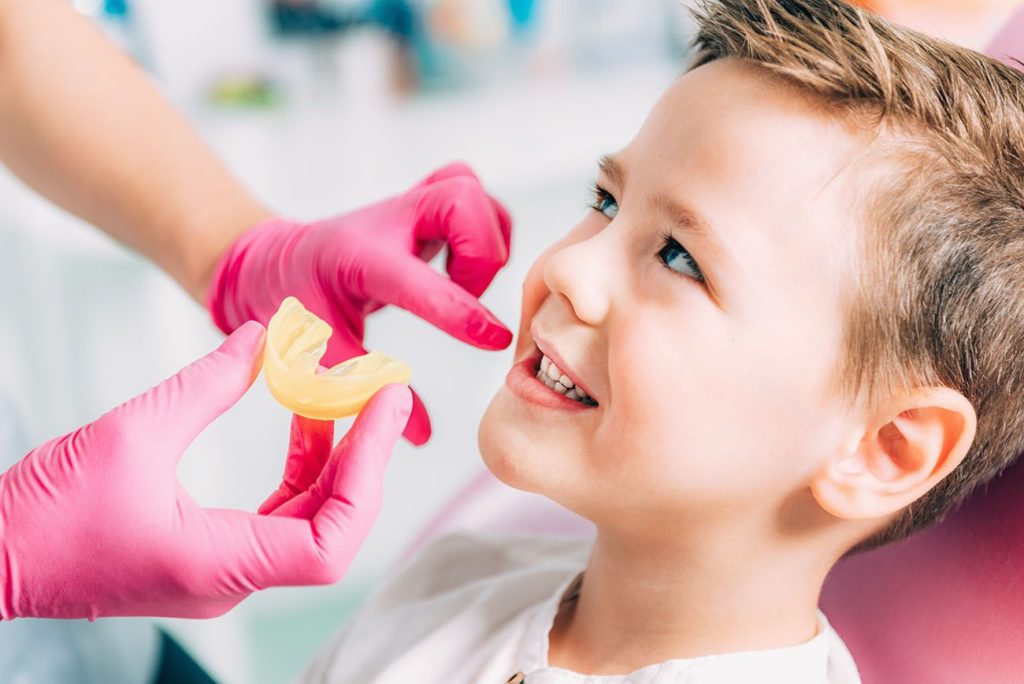Cavities are the most common chronic illness among children, according to the Centers for Disease Control and Prevention (CDC). In fact, over half of the children (52%) between the ages of six and eight have had at least one cavity in their primary (baby) teeth. Although cavities begin as small areas of decay, they are a large dental issue, especially without treatment.
Even the smallest of cavities can become huge problems. Cavities begin as small pits of decay on the surface of the teeth. Many things can cause cavities, including poor oral health, genetics, or diet. Once the decay begins, the cavity will continue to burrow within the tooth. Without treatment, the cavity can cause extensive damage to the teeth.
It is essential to keep children’s teeth healthy. Although their teeth do fall out on their own, dental damage can affect their secondary (adult) teeth before they even erupt. It can be tempting to put off taking children to the dentist, especially if they experience anxiety. However, you may be doing them a disservice. Additionally, the small issues they have at the moment can have lifelong consequences.

Prevent Serious Dental Issues
When you take your child to their dental appointments, you are giving your dentist the opportunity to examine their dental and overall health. Typically, one of the steps to their checkup will involve an x-ray. An x-ray will allow the dental team to see the full picture of your child’s dental health. Of course, they will also perform a physical examination of their teeth and mouth. However, an x-ray can help the dentist see beneath the surface of their teeth. This helps them see if there are issues that will arise in the future.
Routine visits will help your dentist stop decay before it does any long-term damage, even to baby teeth. Additionally, your dentist may notice if your child has a malocclusion or if they will develop one. A malocclusion is a misalignment of the teeth. If they can spot it soon enough, they can develop a treatment plan to minimize the damage.
Develop Lifelong Habits
Studies have shown that habits formed in childhood can last a lifetime. Therefore, you can help your child’s lifelong health by taking them to their dental appointments. Additionally, you can help them develop a good oral health routine. This means that you and the dentist can teach them proper brushing and flossing techniques to take care of their teeth. Until they can perform them on their own, you will need to brush and floss their teeth for them.
Minimize Anxiety
Many adults suffer from dental anxiety. In fact, nearly a third of adults have some form of dental anxiety. The more children go to the dentist, the less likely they are to have dental anxiety, especially if they start going to the dentist when they are very young. Taking your child to the dentist can minimize their anxieties as an adult.
